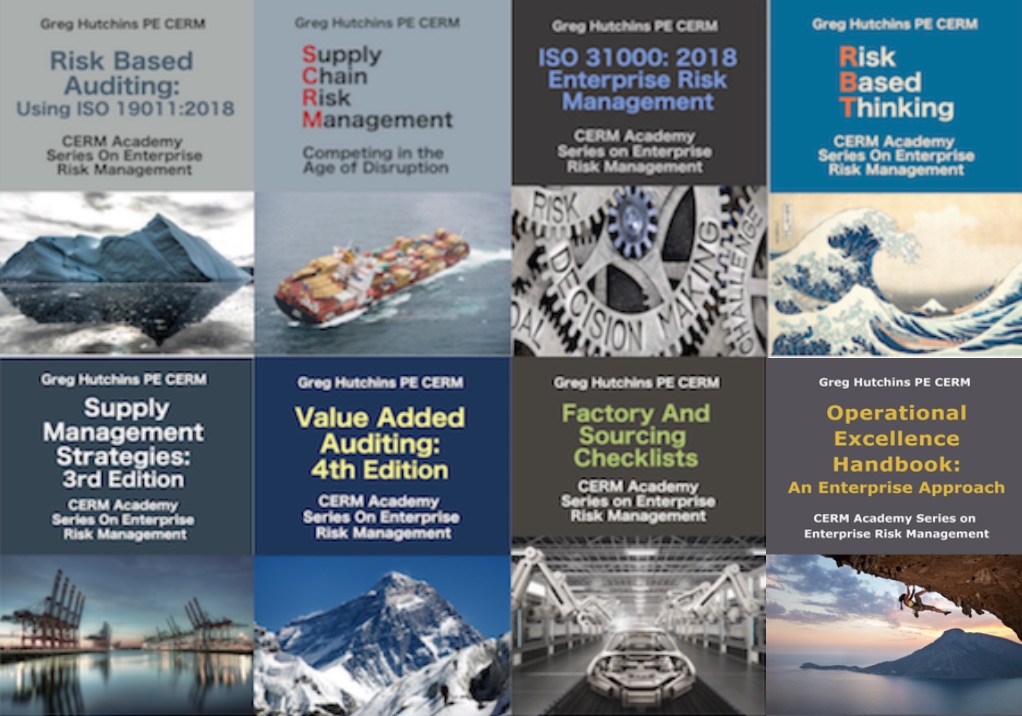 The quality profession has been very successful over the last 15 years. The American Society for Quality (ASQ) surged in membership, national prominence and public policy influence. Quality and Six Sigma became synonymous with competitiveness and flawless execution.
The quality profession has been very successful over the last 15 years. The American Society for Quality (ASQ) surged in membership, national prominence and public policy influence. Quality and Six Sigma became synonymous with competitiveness and flawless execution.
All of this success came at a significant cost and now begs the question: What’s the role of a quality professional, when everyone is responsible for the quality of his or her efforts? Today, there is much soul-searching about what it means to be a quality professional and where quality management is going.
Quality has evolved through the following distinct stages:
- Conformance-focused
- Market-focused
- Excellence-focused
- Value-focused
A brief explanation of various stages and definitions of quality can be seen in the Stages of Quality sidebar. What’s the New, New Thing?
The challenge is that quality movement and engagement seem to have stalled. Quality doesn’t seem to be part of national competitive or business strategic discussions any more. ASQ has lost membership. ISO 9000 transition numbers are low. Energy level at many ASQ local section meetings is low and we’ve seen a significant reduction in ISO and consulting business.
The question becomes: What’s the next step in the evolution of quality as a discipline and as an improvement methodology in the new millennium? We saw these trends several years ago and massively reinvented ourselves.
We believe that the next major movement in the evolution of quality and quality management is risk and risk management. Risk, and its mitigation, is the one topic that keeps senior management awake at night — both in the private and public sectors.
The bottom line for quality professionals is that they should reframe their definition of quality around risk, develop career core competencies in this area and add value to their employers and clients by offering risk management solutions.
Let’s look at today’s business model.
In this article, we look at the state of quality today, illustrate how management makes key decisions, describe a new definition of quality and offer a future direction for quality management and the quality professional.
STATE OF QUALITY
The quality profession and ASQ have had a profound and lasting effect on U.S. competitiveness, quality of life and organizational competitiveness. The ASQ almost single-handedly took the lead on this and has done a remarkable job. And we have been more successful than our fondest wishes. Quality has been institutionalized in most organizations, as most process owners are responsible for their own work and for their quality. This calls into question the role of the quality professional and in a larger sense, the future of quality.
NOW, LET’S LOOK AT THE REST OF THE STORY
We wrote this article 10 years ago.
In the last year, global CB’s are now risk organizations. ISO has adopted risk into ISO 9001:2015. ISO has a new tag line: ‘Risk Based Thinking.’ More operational, lean, quality and operational excellence consultants are now risk consultants.
It’s funny. The more things change, the more they remain the same.
If you’re interested in reading the entire piece, click below:
https://insights.cermacademy.com/files/2014/08/Summer2004QMFFinal.pdf
Bio:
Greg Hutchins PE and CERM (503.233.101 & GregH@QualityPlusEngineering.com) is the founder of:
CERMAcademy.com
800Compete.com
QualityPlusEngineering.com
WorkingIt.com
He is the evangelist behind Future of Quality: Risk®. He is currently working on the Future of Work and machine learning projects.
He is a frequent speaker and expert on Supply Chain Risk Management and cyber security. His current books available on all platform are shown below:
